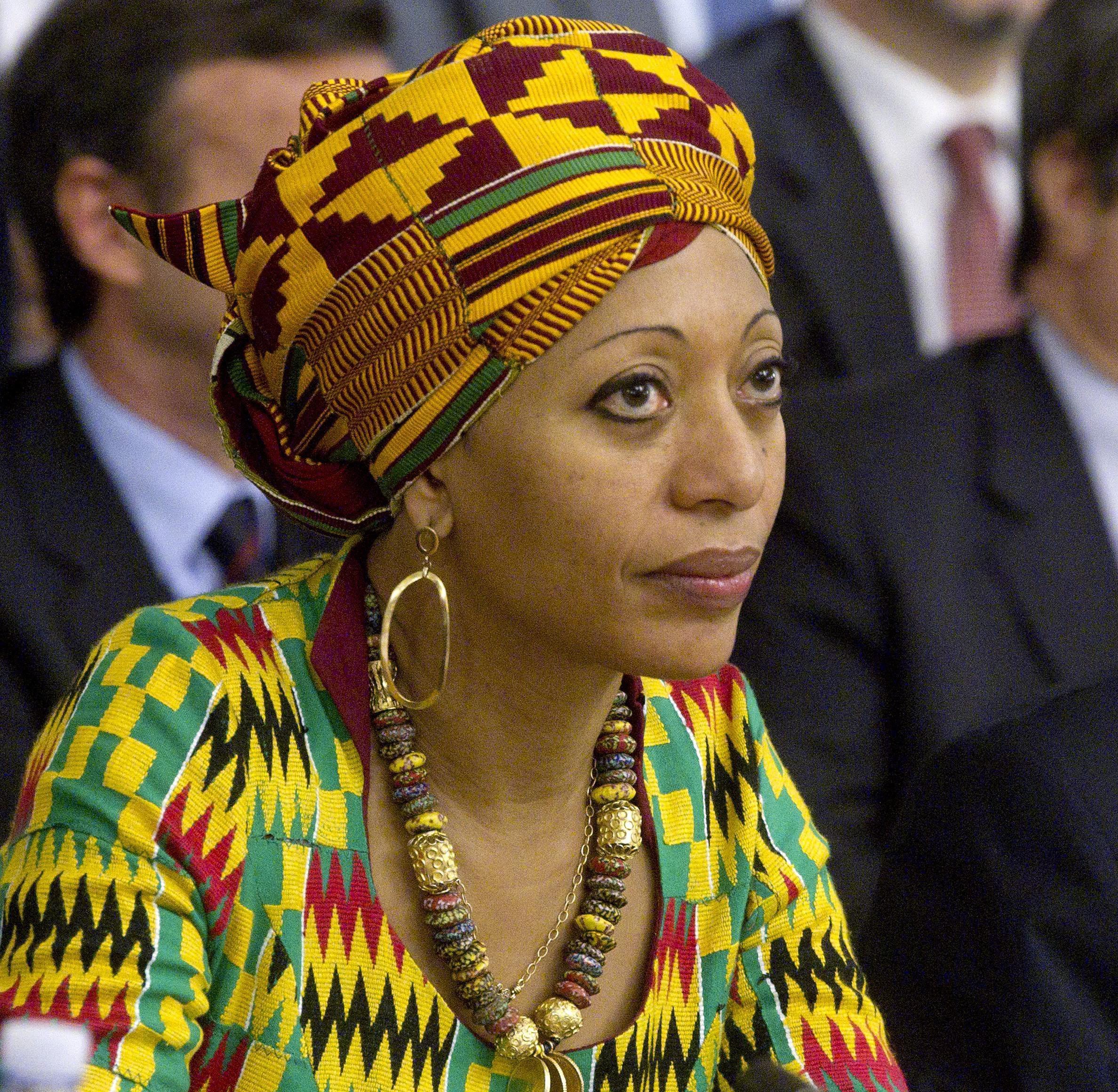Ghana must be bold to reject any agreement with the International Monetary Fund (IMF) that will impoverish the people in the country, the Convention People’s Party (CPP) has stated.
In line with this, it has called on the country’s team of economic negotiators at the ongoing talks with the IMF to be assertive and agree to only the terms that would enhance the country’s productive capacity, as well as boost exports.
The National Chairman of the party, Ms Samia Nkrumah, disclosed this in an interview about the CPP’s position on the IMF bailout to Ghana.
Economic difficulties
Ghana’s economy has experienced difficulties over the last three years as far as its macroeconomic indicators are concerned. The country faces a number of economic challenges which include a budget deficit in double digit, rising inflation and a faster rate of currency depreciation than was anticipated. As of the end of March 2014, the Monetary Policy Department of the Bank of Ghana indicated that Ghana’s debt burden was US$23.6 billion, which represents 55.4 per cent of the country’s Gross Domestic Product. Furthermore, there have been continuous hikes in fuel prices, utility tariffs, as well as taxes on a number of food, products and services.
Although the country is rich in many natural resources such as gold, timber, diamond, cocoa and oil about a quarter of the population of the country still lives below the poverty line while about seven million jobs, more than half of the current labour force, need to be created in the next two decades.
Ghana’s negotiators
According to the CPP National Chairman, Ghana’s team of negotiators ought to look at the improvement of agriculture and manufacturing sectors as the key consideration in any agreement that will be brokered between the country and IMF.
In the view of the CPP, Ms Nkrumah said: “It will be erroneous to accept the fact that IMF conditionalities could not be rejected since in 1965, Ghana, under the First President, Dr Kwame Nkrumah, rejected the proposal of the IMF when they recommended the sale of national assets such as factories in exchange for a loan.”
Throughout history, she said, IMF conditionalities had not helped any nation because these conditionalities placed premium on privatisation of national assets such as electricity and water, as well as job cuts which, in the long run, made the country import-dependent and poorer.
She said it was interesting to note that most rich countries developed their economies by protecting national assets and did not see why Ghana could not be allowed to follow the same path for rapid development and socio-economic transformation.
“Ghana should not hesitate but take a cue from rich countries, such as Britain and United States by protecting infant industries to reach a certain level,” she strongly advised.
Ms Samia Nkrumah said at present what the country required was home-grown solutions backed by long-term self-reliance programme and not quick-fix solutions such as going to the IMF.
The National Chairman of the CPP, therefore, called for a long-term plan to improve agriculture, manufacturing and industries, as well as break away from waste and greed.
Why IMF bailout won’t work
According to the CPP, IMF bailout would not help Ghana to create the needed opportunities and raise living standards of the people.
We must be guided by our own economic history, she told the Daily Graphic and pointed out that “Going back to IMF means we have not understood our dealings with IMF over the past three decades.”
Ms Samia Nkrumah explained that the Structural Adjustment Programme(SAP), Economic Recovery Programme(ERP), PAMSCAD, HIPC, as well as Poverty Reduction Strategy (PRS) were all IMF programmes that did not achieve much for the country.
“We have dealt in the past with IMF and the results have not been satisfactory and we are in greater crisis. If you repeat the same thing over and over again, you will get the same results,” she asserted.
So we know what we are going to get from the IMF to liberalise, stabilise and privatise water and power out of the reach of ordinary Ghanaians, Ms Samia Nkrumah stressed.
She noted that by following the IMF conditionalities, the country stood the danger of losing its key indigenous organisations by losing control over them.
Alternatives to IMF prescriptions
The Convention People’s Party therefore debunked the assertion that there were no alternative views to IMF prescriptions.
“Our negotiators must develop confidence to renegotiate and not to accept terms that will impoverish Ghanaians and make them suffer,” Ms Nkrumah said.
She said the government could practise selected import substitution as another means of helping domestic production to generate employment instead of inflation-targeting currently being practised by the policy makers.
She said self – help home-grown programme focusing on Agricultural production as well as enhancing export was the way forward and not conditionalities from IMF.
Ms Samia Nkrumah said what caused the deficit and economic crisis could be attributed to the fact that the country was importing too much while earning too little from exports of its cash crops and minerals.
She pointed out that the country had not really taken steps to exhaust all efforts in reducing overspending and cutting down on the wage bill since there were a lot of ministries, ministers and Presidential Staffers all relying on the government.
Ms Samia said what was needed now was an independent African development philosophy which was called Nkrumaism, one of the key approaches that could lead to economic breakthrough.
Source: Graphic Online


